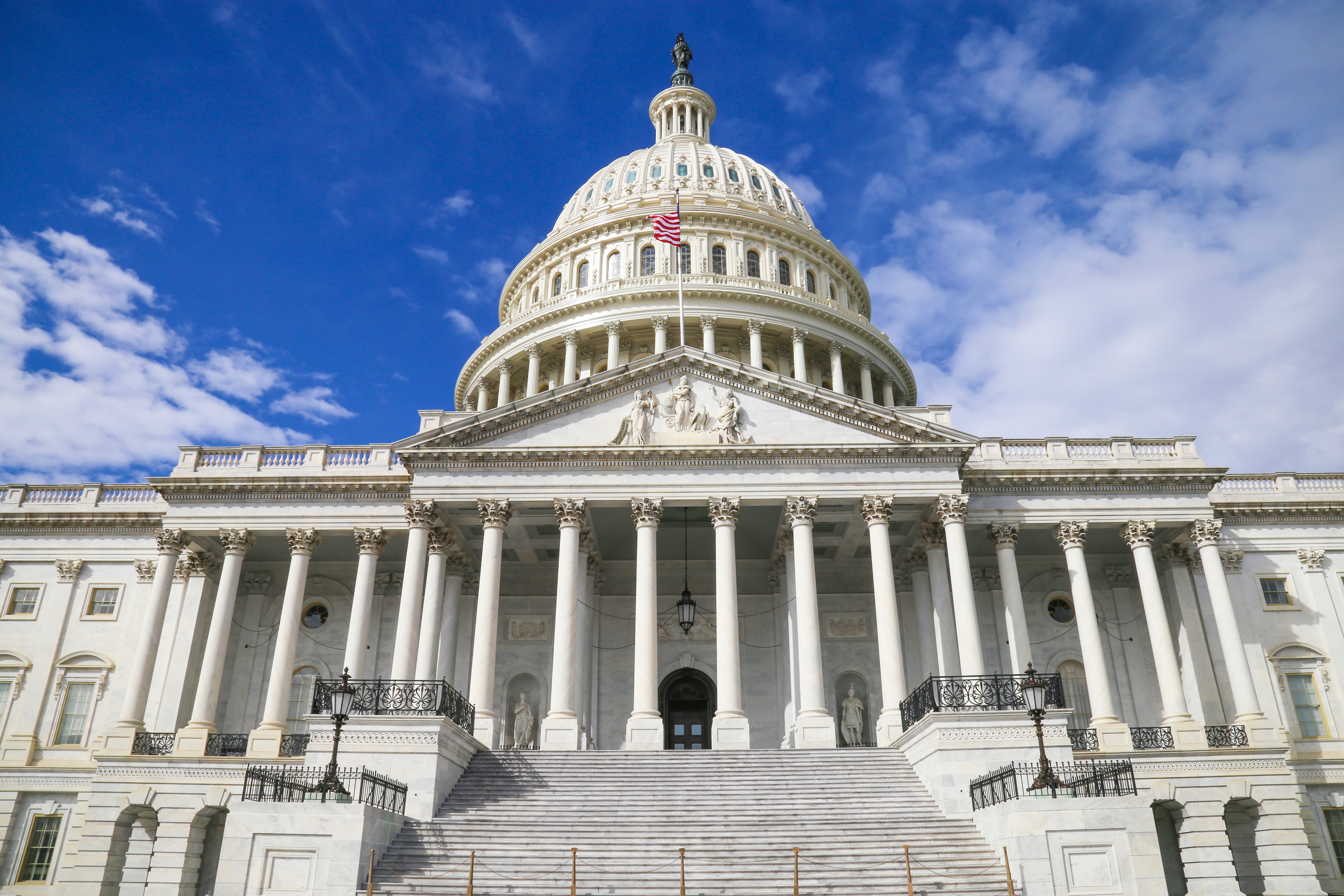
January 15, 2019
As Congress returned to Washington, D.C. January 3, they returned to the partial government shutdown. This shutdown, now the longest in the nation’s history, results from a fight over funding for a border wall and may portend future funding confrontations and legislative brinksmanship. A divided Congress featuring Democrats in control of the House of Representatives will no doubt increase resistance to some of the Trump Administration’s funding and legislative priorities.
Beyond the early funding focus, the 116th Congress will look at a host of issues of interest to Duke’s research community – such as artificial intelligence and healthcare. Below are highlights of some of the issues directly impacting Duke as an institution and what the Office of Government Relations watches and engages on Duke’s behalf for the first half of 2019.
Budget & Appropriations
Given the partial government shutdown, the start of the FY 2020 budget process will almost certainly be delayed this year. In normal budgeting process, the president’s budget proposal, which is typically released the first Monday in February, begins the funding debate in Congress. The president’s budget request serves more as a wish list than hard demands and the difference in Trump’s requests in 2017 and 2018 and subsequent appropriations levels reflects this paradigm.

For a brief refresher on the federal budget process, please see here. In addition to finding a resolution to the remainder of FY19 appropriations, Congress will need to address the return of the austere budget caps put in place by the 2011 Budget Control Act, with additional pressure on funding levels for the discretionary budget due to the worsening deficit outlook.
Committee Leadership
A new Congress means new committee leadership, particularly in the House with the switch in party control. A listing of some committees of interest to the Duke community and their new leaders, along with committee assignments for the North Carolina delegation and Duke alums serving as Members, will be available in time on the Office of Government Relations website.
Higher Education Act
Upon taking over the House Committee on Education and Labor, Rep. Bobby Scott (D-VA 3rd) signaled his interest in pushing through a bipartisan Higher Education Act (HEA) reauthorization. As such, expect various hearings early this year on a variety of topics. Last summer, House Democrats released their Aim Higher Act, which will likely serve as a blueprint this Congress. Former Committee Chair Virginia Foxx (R-NC 5th), now the minority ranking member, won party-line committee approval in the last Congress for her HEA reauthorization bill, the PROSPER Act, but never received floor consideration in the chamber.
As for the Senate, the retirement at the end of this Congress of Health, Education, Labor, and Pensions Committee Chair Lamar Alexander (R-TN), has renewed urgency to get a reauthorization through before he leaves.
“If anyone can develop and pass a bipartisan reauthorization to the Higher Education Act, it is Senator Alexander. That being said, the divisions are deep and interest in gridlock these days seems to be more important than passing good legislation,” said Associate Vice President Chris Simmons.
Department of Education
Last Nov. 28, 2018, the Department of Education published a Notice of Proposed Rulemaking in the Federal Register to change the rules guiding Title IX enforcement. The 60-day comment period ends Jan. 28, 2019. The Duke Office of Government Relations is monitoring the situation closely and will keep the Duke community apprised of developments. The policymaking process has just begun and will almost certainly end up in litigation slowing down any final rules from being implemented.
On Dec. 19, 2018, Secretary of Education Betsy DeVos delivered an address on “rethinking Higher Education.” The rulemaking process began Monday, Jan. 14. Her guidelines emphasize deregulation, changes to state accreditation and encouraging innovation at the nation’s colleges and universities.
National Security
Members of Congress have signaled interest in drawing attention to the balance between national security and scientific research. We expect more hearings and comments from Members about the importance of securing America’s research infrastructure from malicious international actors while balancing the open system of fundamental research that underpins the nation’s role as a global leader.
Immigration
Immigration and visa issues will likely thread Congressional debate and proposed rule-making at the agency-level this year. From conversations about securing scientific research and attracting the best and brightest with an attractive visa system to debates on the future of DACA recipients and tension over border security, the argument over who can access the United States to study and teach will remain in the public, the president’s and Congress’ attention for the near future.
Duke Alumni
Duke welcomes one new alum into Congress, Mike Levin (D-CA 49th) L’05. With the retirement of Duke alum Dave Trott (R-MI 11th) L’85, Duke’s total alumni representation in Congress remains at 7.
Appointees
Of the roughly 1,200 appointed positions in Trump’s Administration requiring Senate confirmation, only 574 people have been nominated and 434 of that number have been confirmed. This includes, as of this writing, Secretary or similar level vacancies for the U.N., Department of Defense, Department of the Interior, Environmental Protection Agency, and Department of Justice.
